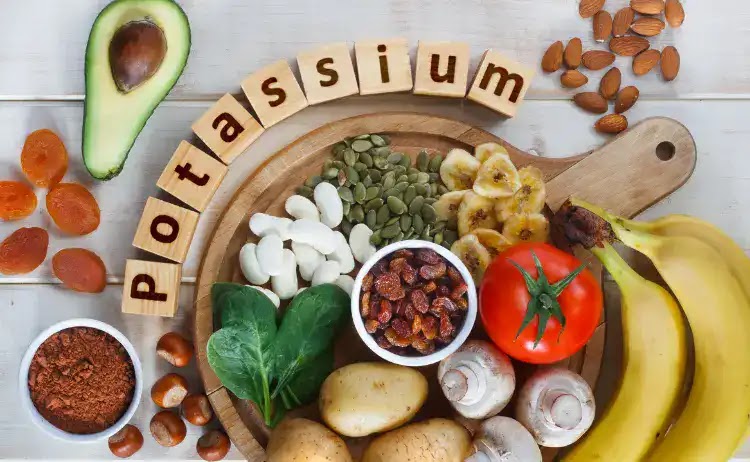Science
Top 7 Lightest Metals On Earth
Metal is often perceived as something that is strong and heavy. Despite some of us might agree that there are also light metals, it is not the first thing that comes to mind when we talk about metal.
They are used in various things from huge construction to the little devices we called smartphones today. The lightest metals on earth are also highly used in our daily things and some of us might be unaware of it. It is even found in our bodies.
ADVERT
Here we would like to share with you the top 7 lightest metals on Earth based on their overall density.
7. Beryllium (1.85 g/cm3)
The number 7th on our list will be Beryllium with an overall density of 1.85g/cm3. This light metal can be found in over 100 different types of minerals under the ground but due to the challenges in harvesting them, it has become less popular in use.
However, beryllium does have its own characteristic which is the ability to resist magnetic field. This is excellent when it comes to using in on certain machinery that requires magnetic-field sensitivity like tank guiding systems and spy satellites.
6. Magnesium (1.74 g/cm3)
Unlike Beryllium, magnesium is highly used in various industries and it is a crucial metal in plants that enables photosynthesis. Without the presence of magnesium, most plants cannot survive as they are not able to create their own food.
When we talk about industries, magnesium is frequently added to metal alloys as magnesium alloys are more resistant to corrosion. They can also be found in small electronics from computers, smartphones, and other devices thanks to their lightness.
5. Calcium (1.54 g/cm3)
This is the common metal that most humans need to ensure higher bone density and prevent osteoporosis. The good side of calcium is it is lightweight and since it is also a metal, some would presume that it would make our body heavier.
ADVERT
That would not be the case as the overall density is only 1.54 g/cm3. Back in ancient times, calcium was a raw material in making limestone(calcium carbonate) which is then used to construct buildings such as the pyramid.
4. Rubidium (1.53 g/cm3)
This is another uncommon metal out there due to its limited use but it does come in handy when performing experiments in the lab. Due to its unique characteristics of producing bright colors as it burns, it is a common ingredient in the making of fireworks.
Aside from the fireworks, rubidium does have other uses like eliminating trace gases from parts of appliances such as Hoover tubes. NASA even used rubidium for their ionic propulsion system as it can be easily ionized.
3. Sodium (0.97 g/cm3)
Some of you might have remembered this during your school's experiment as it is highly reactive with water. It is also a common table salt in most households as we incorporate it in most dishes worldwide.
Sodium and potassium also play a crucial role in human physiology and without it, we simply cannot live. But be sure not to take too much of it as you never want to get hypertension from excessive intake.
2. Potassium (0.89 g/cm3)
Another light metal with similar properties to sodium but this one is slightly more reactive to water than sodium. Some of you might be surprised that people back then use to make what's called potash in their homes from potassium.
ADVERT
Potash is used in making gunpowder, dyes, fertilizer, and different kind of fabrics. It also works together with sodium to ensure the proper functioning of our body. This lightweight metal definitely comes in handy when making stuff.
1. Lithium (0.53 g/cm3)
The lightest metal on earth based on its density will be lithium and it is perhaps the most common metal to be used in our daily things. Lithium is an excellent material in the making of batteries for your smartphone so that they can be charged faster and last longer.
Lithium can also make tempered glass more robust and lighter of course. That's not all. lithium is a common drug in the treatment of bipolar as it reduces the occurrence of suicidal thoughts in psychiatric patients.
Source:
Also read: Top 5 Strongest Metals On Earth

.webp)
.webp)
.webp)
.webp)
.webp)
.webp)
.webp)








Post a Comment
0 Comments